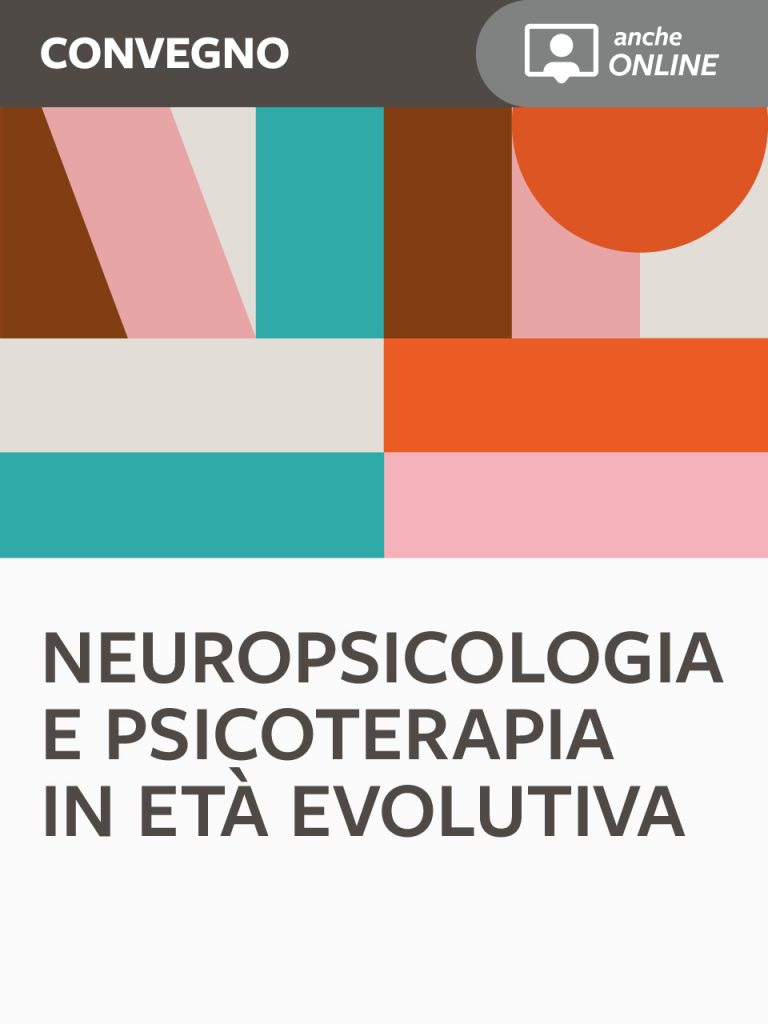LEPI – Expressive Language Early Childhood. Test for the evaluation of expressive morphosyntactic skills in pre-schoolers
Itala Riccardi Ripamonti, Laura Cerminara, Deborah Carta
The LEPI test (Expressive Language Early Childhood) is proposed as an evaluation instrument of expressive morphosyntactic skills for children aged between 3 and 6 years. The study, which led to the final implementation of the instrument, had the objective of identifying typical patterns of development in Italian-speaking children and early indicators of morphosyntactic difficulties in children with Specific Language Impairment (SLI). The test was administered to 298 Italian children with typical development, 280 (153 females and 127 males) of whom were included in the standardisation sample, and to 52 children with language disorders, 47 of whom were included in the analysis, with the purpose of verifying the diagnostic efficiency of the test. The elaboration aims to contribute to the diagnosis and the rapid, targeted intervention of these specific difficulties, which, if left untreated, can have a negative impact on academic training, even after many years.
Keywords
Test, Expressive language, Morphosyntax, 3 to 6 years of age, Language Disorders.

